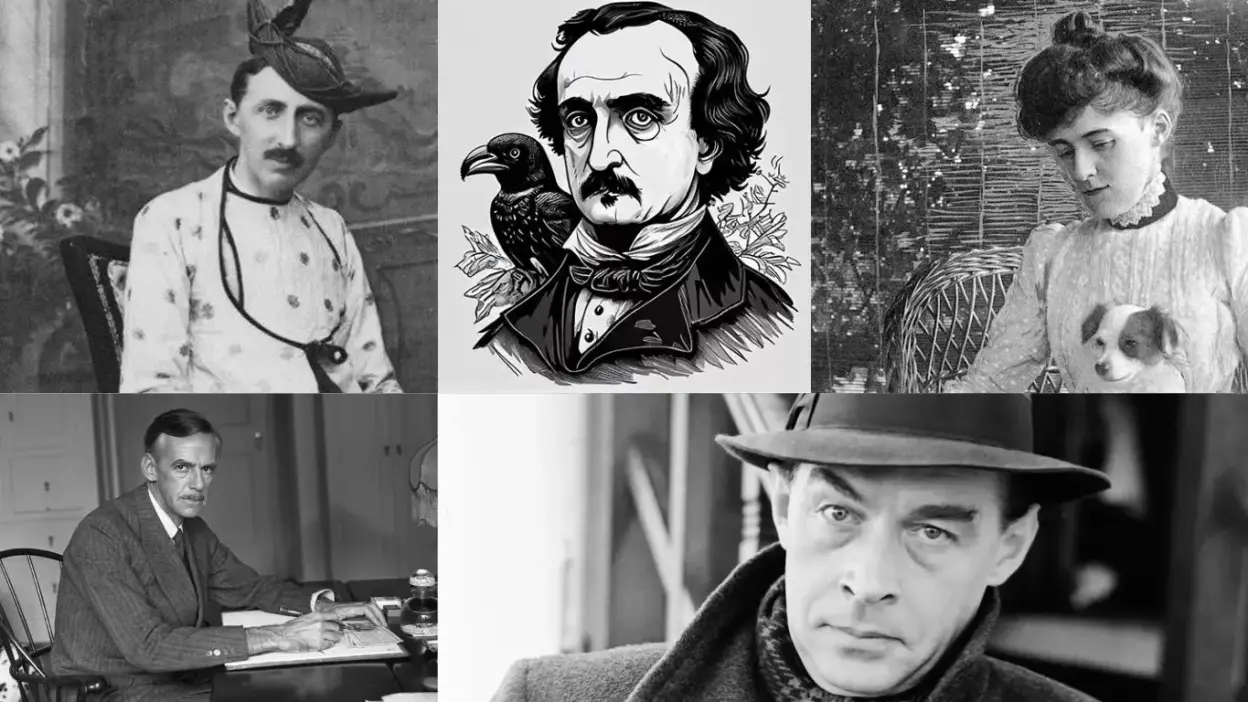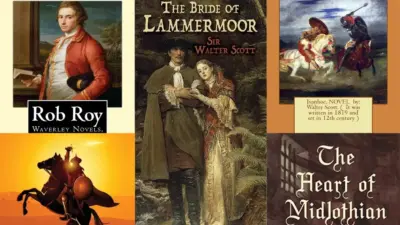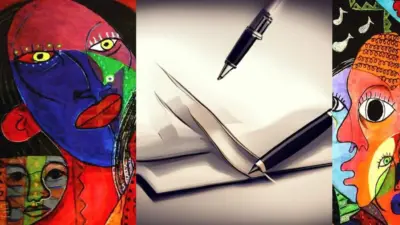The letter ‘E’ brings us an illustrious list of literary giants whose works have stood the test of time and continue to resonate with readers today. From the poignant social commentary of E. M. Forster to the gothic brilliance of Edgar Allan Poe, this list is a testament to the diverse styles and themes explored by these authors. Each writer has contributed significantly to their respective genres, offering readers a treasure trove of narratives that challenge, enlighten, and entertain. Whether you are a lover of classics or in search of contemporary gems, our list of ’10 Must-Read Authors Whose Name Starts With E’ promises to guide you through an enriching journey across time and literary landscapes.
10 Must-Read Authors Whose Name Starts With E
Edgar Allan Poe
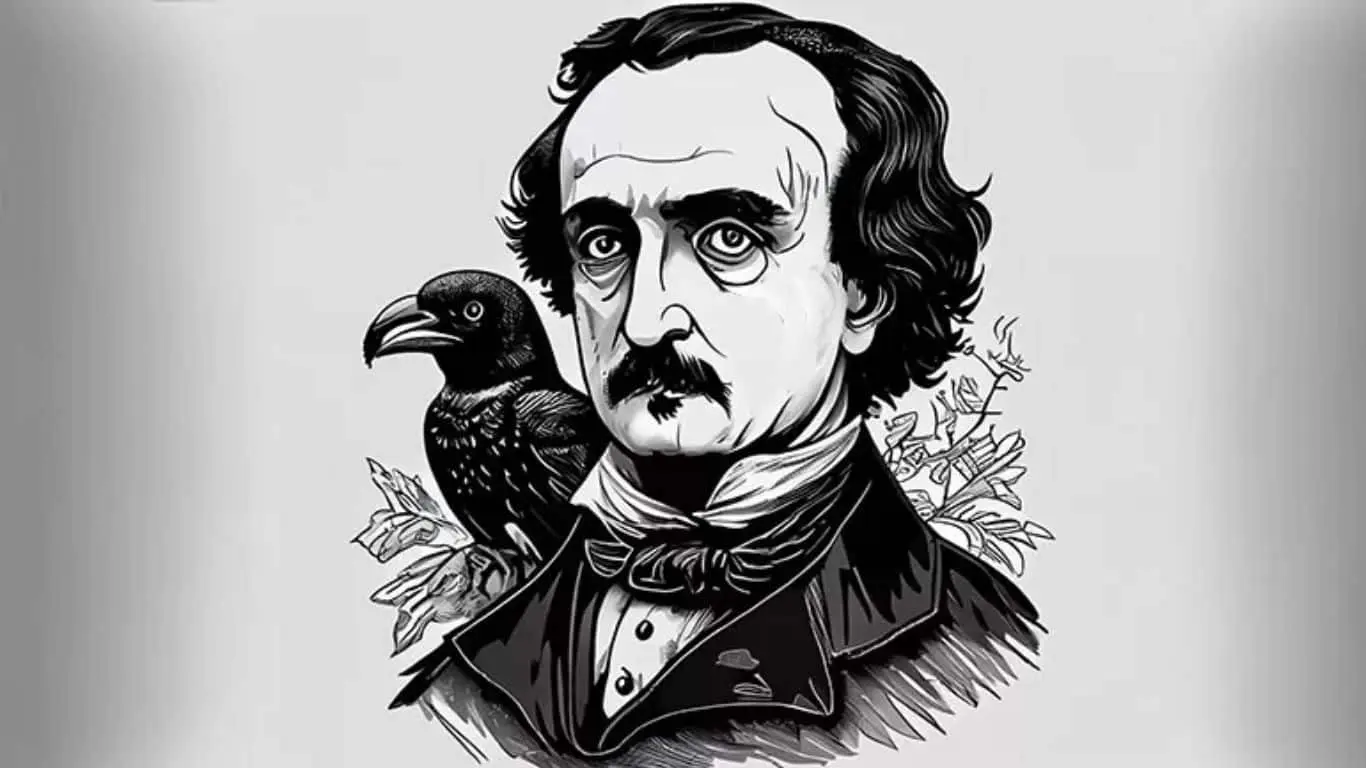
Masterfully weaving tales that delve into the darkest corners of the human psyche, Edgar Allan Poe has left an indelible mark on the world of Gothic fiction. His vivid narratives, filled with haunting atmospheres, explore themes of death, despair, and the supernatural, standing as central to the genre. But his talents were not limited to tales of Mystery and macabre; his poetry also plumbs the depths of human emotion, painting a world overshadowed by sorrow and loss.
Through iconic works such as “The Raven,” “The Tell-Tale Heart,” and “The Fall of the House of Usher,” Poe has captured the imaginations of generations of readers. Today, his influence can be seen in both literature and film, solidifying his legacy as an essential and timeless figure in American literature.
Edith Wharton
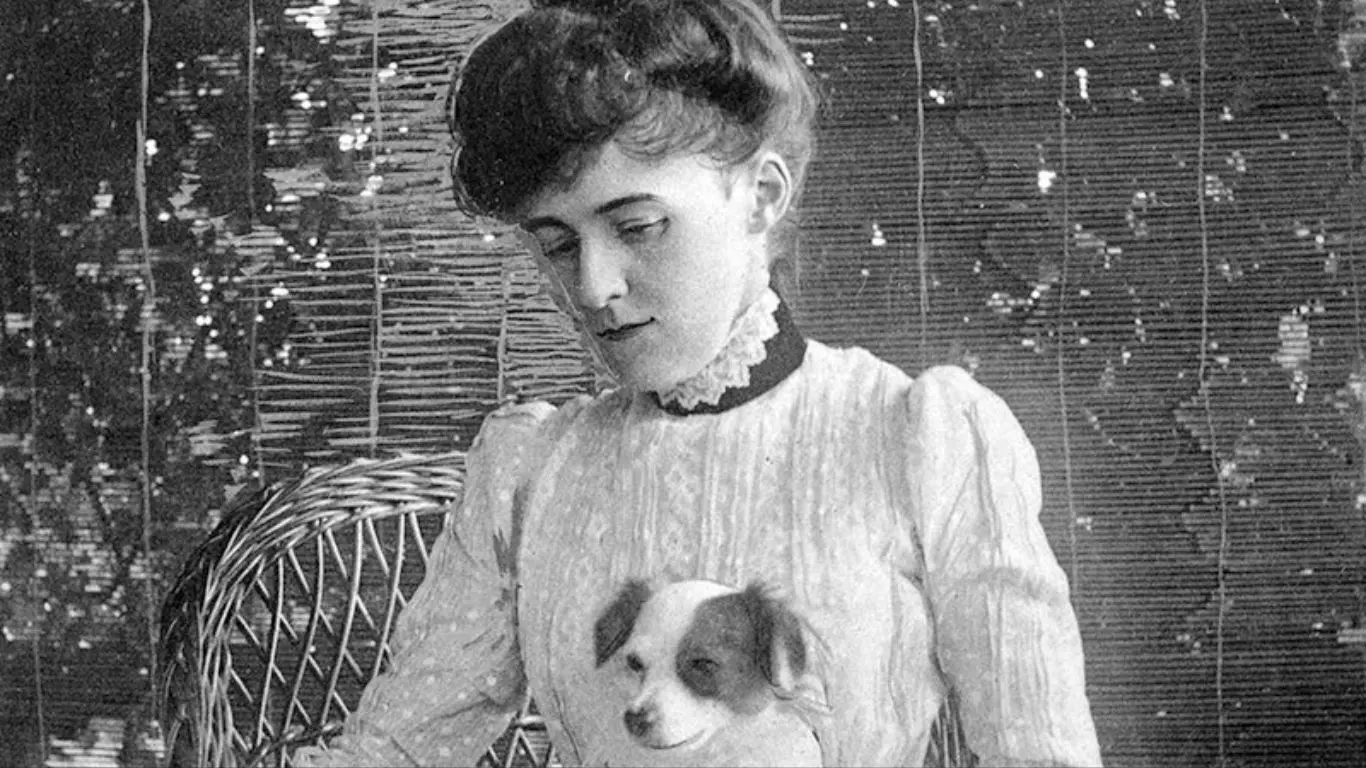
Edith Wharton’s insider knowledge of upper-class New York society during the Gilded Age provided a unique and realistic lens through which she scrutinized and portrayed the lives and morals of the “aristocracy.” Her narratives delve deep into the complexities of human relationships and societal expectations, revealing a seemingly glamorous world often fraught with rigid conventions and hidden struggles.
“The Age of Innocence,” one of her most celebrated Novels, won the Pulitzer Prize in Fiction in 1921, marking her as the first woman to receive this prestigious award. This novel, like many of her works, is richly textured with piercing insights that offer readers a timeless exploration of society, morality, and the human condition. Wharton’s literary prowess and unique perspective have solidified her place as a formidable figure in American literature.
E. M. Forster
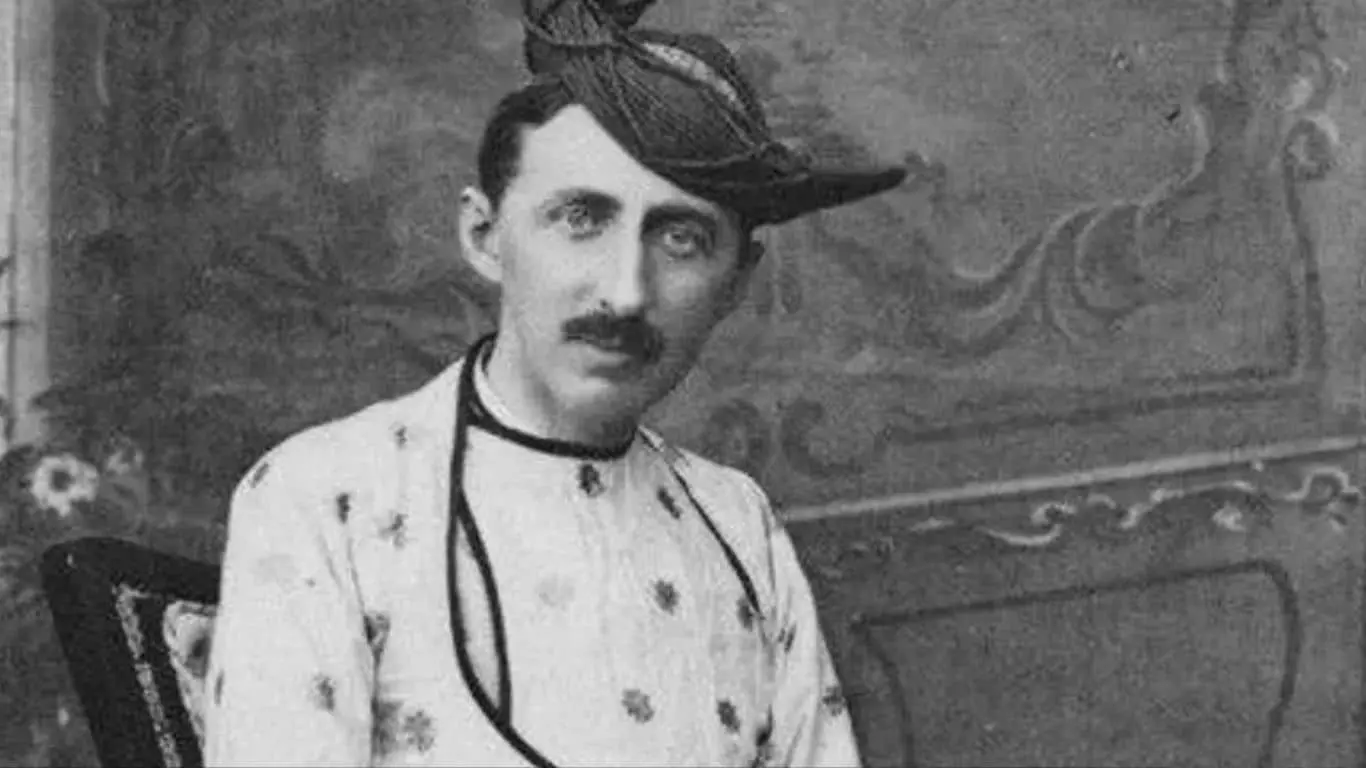
Best known for his novels “A Room with a View,” “Howards End,” and “A Passage to India,” Edward Morgan Forster OM CH was a prominent English author who offered insightful social commentary through his works. His writing wasn’t limited to novels; it also encompassed short stories, essays, speeches, and broadcasts, as well as a few biographies and pageant plays.
With an elegant prose style and a keen understanding of social conventions and human relationships, Forster’s works are regarded as some of the finest examples of 20th-century English literature. His unique perspective on the clashes of cultures and the intricacies of society during his time continues to be relevant and captivating for contemporary readers.
Emily Brontë
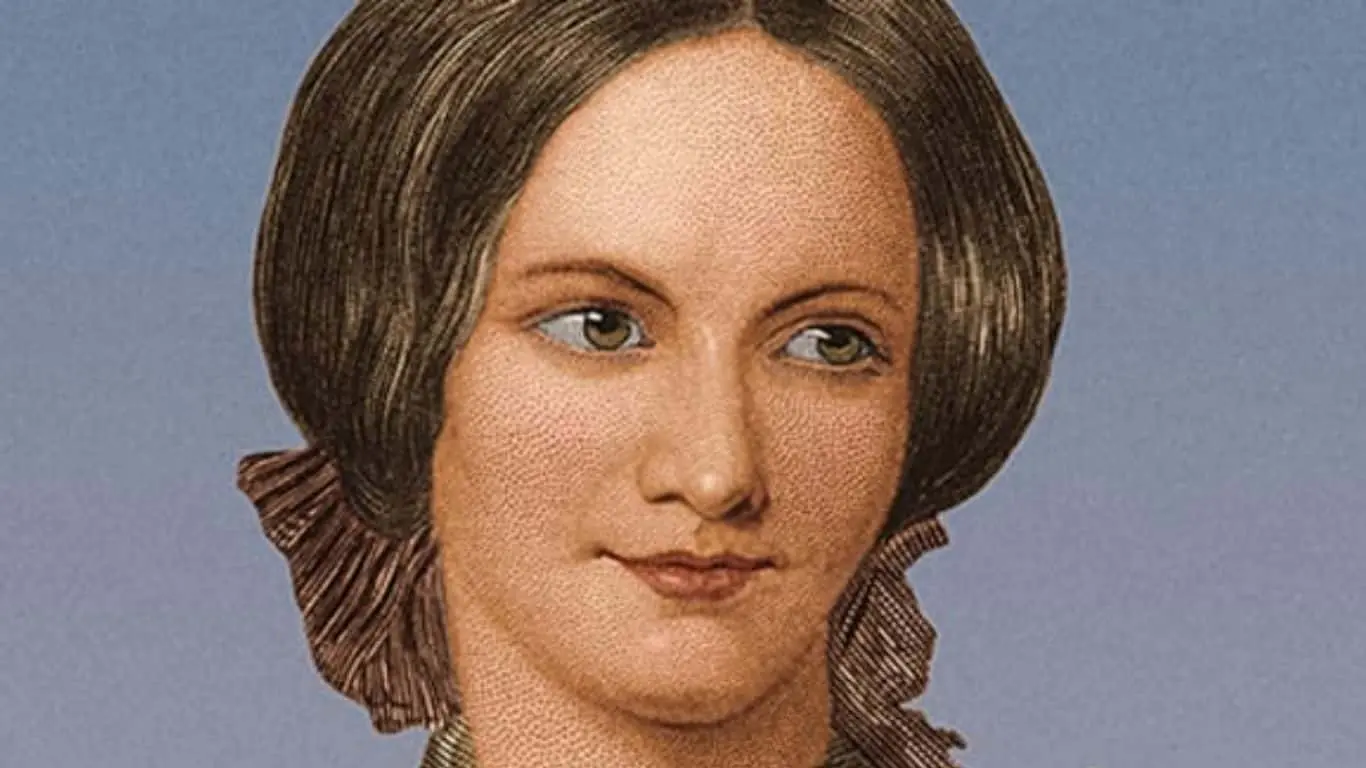
With “Wuthering Heights,” a powerful tale of love and revenge on the Yorkshire moors, Emily Jane Brontë secured her place as a key figure in English literature. Although she produced just this one novel during her short life, its impact has been profound and enduring. Blurring the lines between romanticism and gothic fiction, Brontë crafted a raw, intense narrative filled with complex characters and dark themes that challenge traditional notions of love, class, and gender.
Her poetic sensibility adds a rich texture to the novel, with its vivid imagery and emotional depth. Today, “Wuthering Heights” continues to captivate readers around the world, testament to Brontë’s literary prowess and her contribution to the English literary canon.
Émile Zola
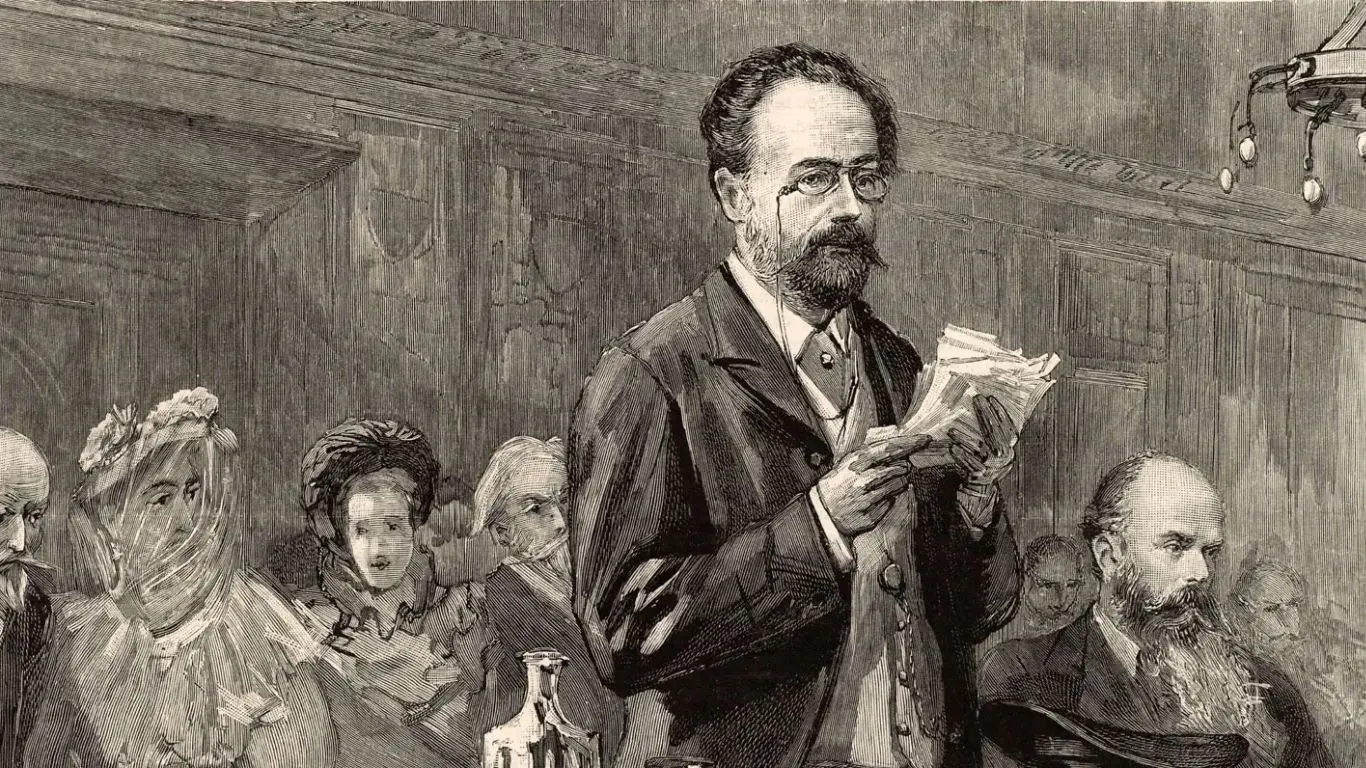
A pillar of French literature, Émile Zola transformed the literary landscape with his commitment to the principles of naturalism, meticulously chronicling the impact of environment and heredity on human behavior. His works often dissected the trials and tribulations of individuals within society, revealing the stark realities of life during the 19th century. Not confined to novels, Zola also ventured into journalism and playwriting, cementing his status as a versatile and influential writer.
His contributions to theatrical naturalism were significant, shaping the way stories were told on stage. Through his extensive and impactful oeuvre, Zola challenged conventions and opened new avenues for storytelling, offering readers and audiences an unfiltered glimpse into the complexities of human nature and society.
Evelyn Waugh
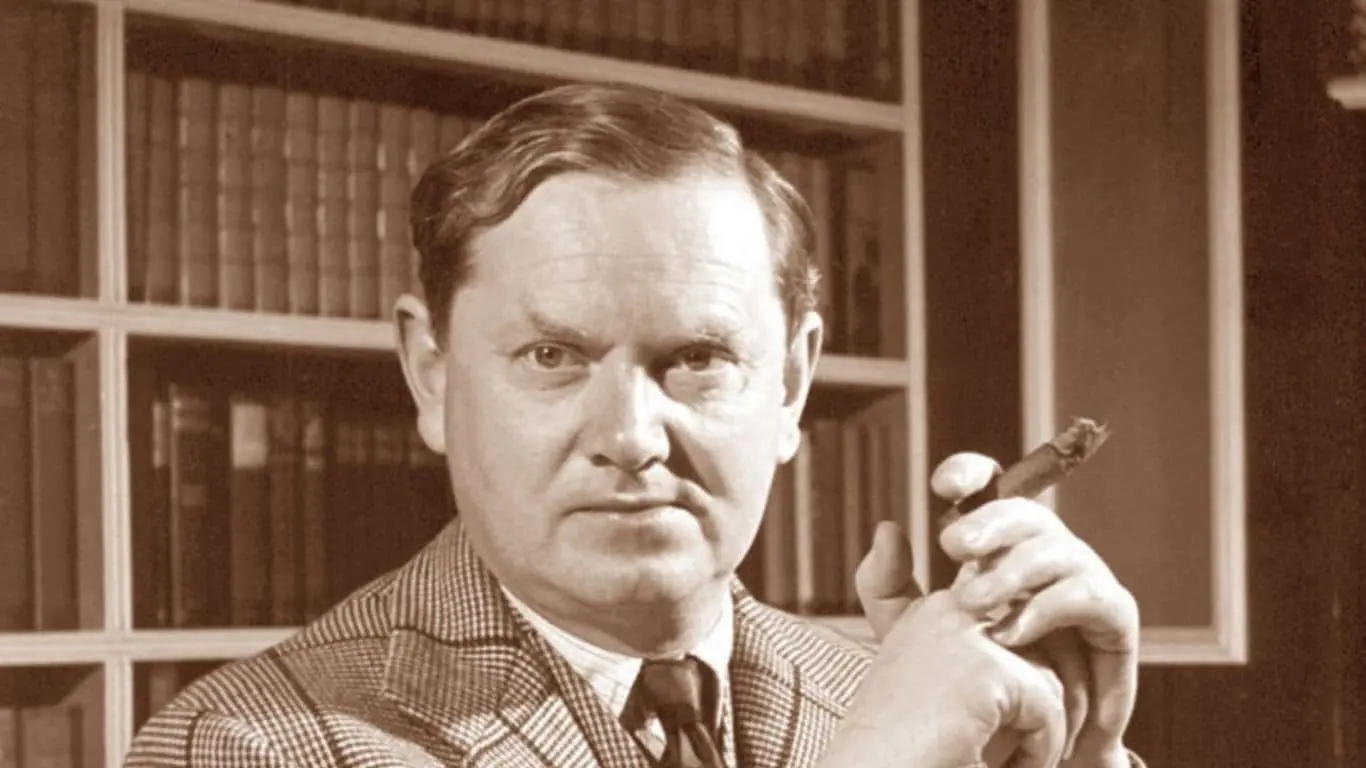
A diverse and prolific writer, Arthur Evelyn St. John Waugh made significant contributions to the world of literature with his novels, biographies, and travel books. His sharp wit and keen observations were evident in early satires such as “Decline and Fall” and “A Handful of Dust.” However, it was the novel “Brideshead Revisited” that solidified his reputation, offering a poignant exploration of faith and aristocracy in the early 20th century.
Waugh’s versatility extended to his “Sword of Honour” trilogy, which provides a comprehensive and nuanced portrayal of the Second World War. With his engaging writing style and incisive commentary, Waugh has left a lasting legacy that continues to resonate with readers today, cementing his place as a prominent figure in English literature.
Erich Maria Remarque
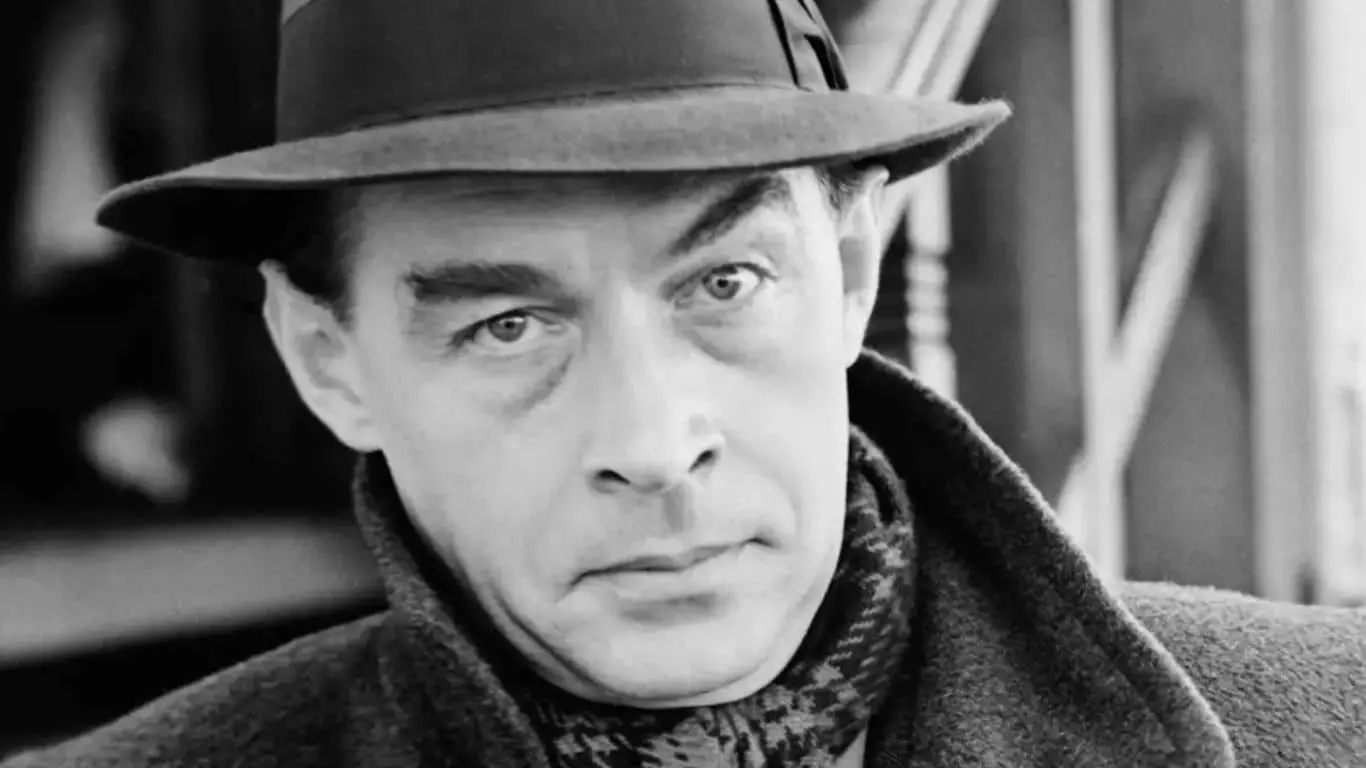
A profound observer of the human condition, Erich Maria Remarque captured the devastating impact of war on individuals and society in his most celebrated work, “All Quiet on the Western Front.” This groundbreaking novel, based on his personal experiences as a soldier during World War I, exposes the physical and emotional scars borne by a generation lost to the brutality of battle.
Remarque’s poignant narrative, rich with detail and emotional depth, struck a chord with readers around the world, firmly establishing him as a leading anti-war voice of his time. Yet, his literary prowess extended beyond this seminal work; Remarque penned numerous novels, essays, and screenplays, exploring themes of love, loss, and survival in times of turmoil.
Elizabeth Strout

With an exquisite touch for literary fiction, Elizabeth Strout has created a niche for herself in the world of storytelling. Her detailed and vivid characterizations breathe life into the pages of her works, providing readers with an intimate glimpse into the complexities of human nature. Strout crafts narratives that are both moving and insightful, often exploring themes of family, relationships, and personal growth.
Her ability to tap into the universal aspects of human experience while maintaining a distinct voice has resonated with readers and critics alike, marking her as a significant figure in contemporary American literature. The authenticity and emotional depth of her writing continues to captivate audiences, solidifying Strout’s reputation as a masterful storyteller.
Eugene O’Neill
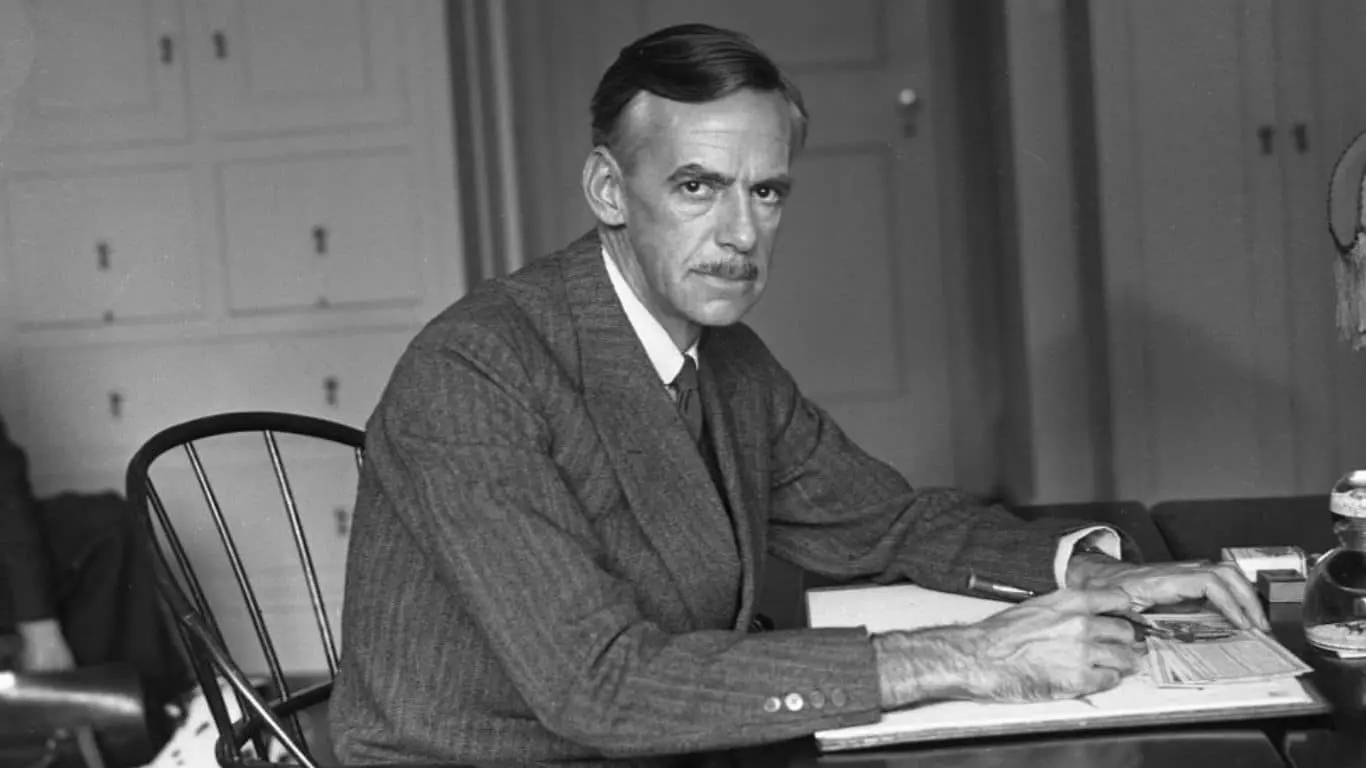
A monumental figure in American theater, Eugene O’Neill revolutionized the landscape of drama with his deep explorations of human psychology and his innovative use of dramatic techniques. His plays, often characterized by a dark and tragic undertone, delve into the complexities of family, identity, and the human psyche, unearthing the raw and tumultuous emotions that lie beneath the surface.
O’Neill’s works, including classics like “Long Day’s Journey Into Night” and “The Iceman Cometh,” stand as testaments to his storytelling prowess and his ability to capture the intricacies of human relationships. His contributions to theater have earned him numerous accolades, including four Pulitzer Prizes and the Nobel Prize in Literature, solidifying his legacy as one of the greatest playwrights in American history.
Elif Shafak
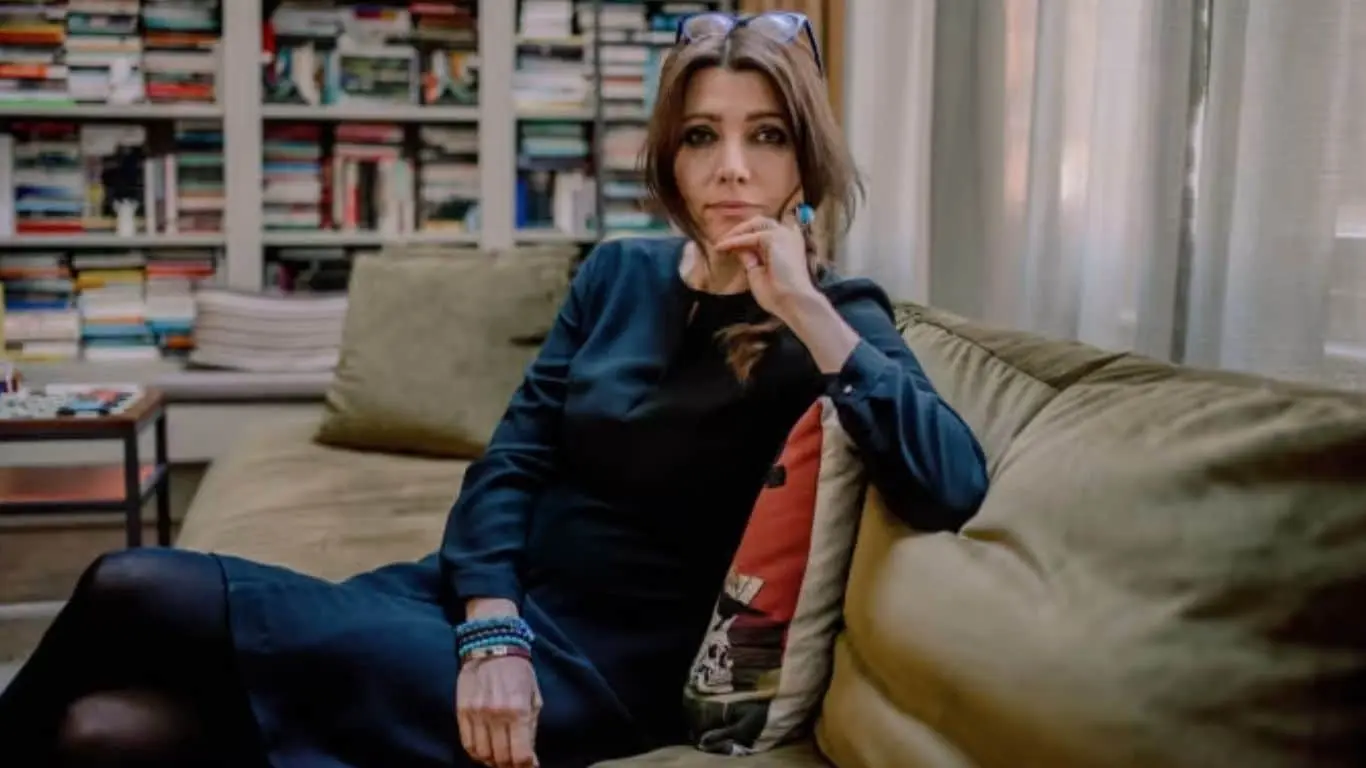
Melding the rich traditions of Turkish storytelling with a modern sensibility, Elif Shafak has emerged as a powerful voice in both Turkish and global literature. Her ability to seamlessly weave together different cultures, histories, and characters creates vivid tapestries that are as thought-provoking as they are immersive.
With 19 works to her name, Shafak is not only a prolific novelist and essayist, but also an influential public speaker, political scientist, and activist. Her writings often grapple with themes of identity, cultural clashes, and the nuances of gender and politics. The fluidity with which she traverses genres and languages reflects her commitment to fostering global dialogue and understanding through the power of storytelling.
Also Read: 10 Must-Read Authors Whose Name Starts With D
